Constant Contact vs. HubSpot: Which Should You Use?
Choosing the right marketing platform is crucial for the growth of your company. Two of the most popular options are Constant Contact and HubSpot. Both systems have unique features tailored to different business needs, making the decision on which one aligns with your goals a challenging task. For small businesses or those beginning their email campaigns, Constant Contact is an excellent choice due to its simplicity and exceptional email marketing capabilities.
HubSpot, on the other hand, is an all-in-one marketing tool designed for companies looking to scale with a comprehensive CRM, sales automation, and detailed analytics. Whether your business is just establishing its brand or seeking advanced marketing tools, understanding the key differences between these platforms will help you choose the most suitable one.
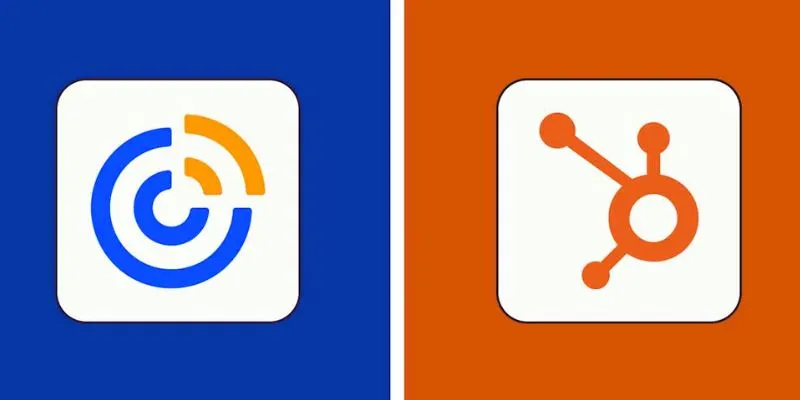
Constant Contact: Overview and Key Features
Constant Contact is a well-established and reliable email marketing tool with over two decades of experience. It is primarily designed for small to medium-sized businesses looking to efficiently manage email marketing initiatives. With Constant Contact’s straightforward interface, users can launch, send, and track email campaigns without needing technical expertise. The platform simplifies the design of professional-looking emails through a variety of customizable templates, and it includes automation tools to manage contacts, segment email lists, and schedule campaigns effortlessly. For new email marketers, Constant Contact is a dependable and user-friendly option.
Features of Constant Contact:
- The simple drag-and-drop editor in Constant Contact makes it accessible for beginners, even those with no prior experience.
- The platform emphasizes email marketing with strong tools like A/B testing, list segmentation, and pre-designed templates.
- Constant Contact provides excellent customer support through options like live chat, phone support, and a knowledge base.
- It offers affordable plans, making it easily accessible to startups and small businesses, especially those with limited contact lists.
HubSpot: Overview and Key Features
Initially created as marketing software, HubSpot has evolved into a powerful all-in-one tool that now includes CRM, sales, and customer service features. It allows businesses to manage customer care, sales, and marketing activities from a single location. Whether for email campaigns, contact management, or sales tracking, HubSpot provides a comprehensive solution to streamline your processes. It’s ideal for companies looking to grow and integrate multiple tools into one seamless platform.
Features of HubSpot:
- HubSpot offers a toolkit for email marketing, CRM, sales automation, and more.
- Its CRM is robust, seamlessly integrating to provide better customer insights between sales and marketing tools.
- As your company expands, HubSpot scales with it, offering advanced features designed for larger businesses.
- HubSpot provides detailed analytics and reporting to track and improve your campaign performance.
Key Differences Between Constant Contact and HubSpot
Here are the primary differences between Constant Contact and HubSpot to guide your decision on the best platform for your company.
- Ease of Use: For beginners, Constant Contact is more straightforward. The drag-and-drop email builder allows users to create campaigns without technical expertise. HubSpot, however, offers a broader range of options that might overwhelm novice users but provides more features once learned.
- Email Marketing Features: Both platforms have strong email marketing tools. Constant Contact excels in basic email building capabilities, automation features, and customer support. HubSpot offers more advanced segmentation, A/B testing, and email tracking capabilities, making it a solid choice if you need more than basic email marketing.
- CRM and Sales Automation: While Constant Contact includes CRM tools , HubSpot’s CRM is its standout feature. HubSpot’s CRM integrates seamlessly with its email marketing and sales tools, offering a comprehensive view of your client relationships, advanced reporting, and sales automation. HubSpot is the preferable option if you need a fully-featured CRM.
- Pricing: One major distinction is pricing. Constant Contact offers more affordable plans, starting at $9.99 per month, which is ideal for small startups on a tight budget. In contrast, HubSpot’s Marketing Hub Starter plan starts at $50 per month, with costs increasing significantly for more advanced tools.
- Integrations: HubSpot leads in this category with numerous integrations with external products. Constant Contact offers fewer integrations, which may limit its use for businesses relying on other software solutions. However, it supports the most crucial email marketing integrations.
- Analytics and Reporting: HubSpot’s comprehensive analytics and reporting capabilities provide users with an in-depth understanding of their campaigns, website traffic, and consumer behavior. While Constant Contact’s basic reporting tools are sufficient for most small businesses, they may not meet the needs of those requiring more detailed analysis.
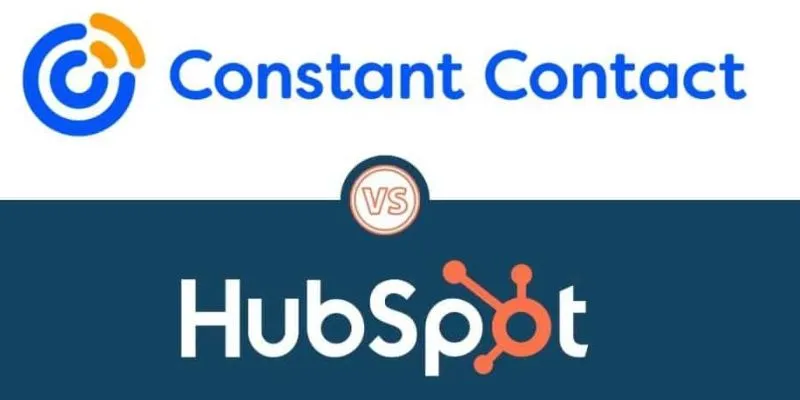
Which Platform Is Best for Your Business?
Deciding between Constant Contact and HubSpot depends on your company’s needs and budget. Constant Contact is a great option for small businesses or those looking for a straightforward, affordable email marketing service. It’s ideal for businesses wanting a simple platform to plan, send, and track email campaigns. The user-friendly design allows beginners to get started quickly, and its low cost suits smaller companies with fewer contacts.
Conversely, HubSpot is a more comprehensive all-in-one application with advanced capabilities, including CRM, sales automation, and customer service tools. If your business needs more than just email marketing—such as the ability to track sales, manage client relationships, or streamline processes—HubSpot is the best choice. While it may have a learning curve and a higher price tag, its extensive features make it ideal for growing companies or those requiring a robust marketing and sales solution.
Conclusion
In summary, both Constant Contact and HubSpot offer valuable tools, and the right choice depends on your company’s needs. Constant Contact is perfect for small businesses seeking an affordable, simple email marketing tool, offering ease of use and the necessary features to get started quickly. For companies looking to scale and manage multiple aspects of their marketing, sales, and customer service on one platform, HubSpot is more suited. With its wide- ranging capabilities, HubSpot is ideal for businesses aiming for long-term growth and more sophisticated marketing strategies, despite its higher cost and learning curve.
Related Articles

The 13 Best Campaign Management Software Tools to Streamline Your Marketing

The Best Email Drip Campaign Software: Top Picks for Seamless Automation

20+ Best Digital Marketing Tools
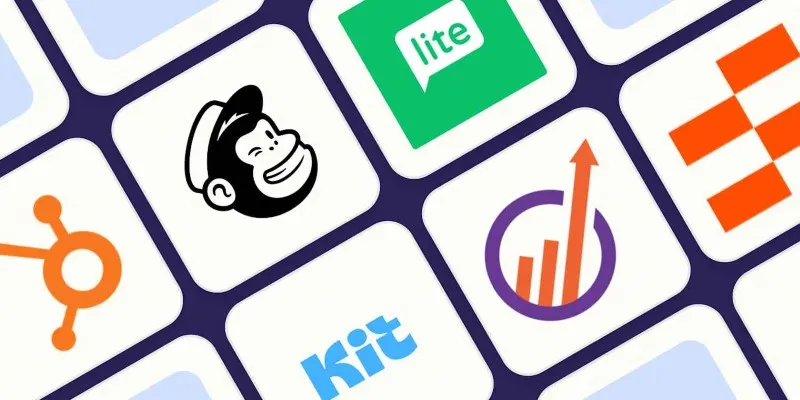
Top ActiveCampaign Alternatives to Try in 2025 for Smoother Workflows

6 Ways to Automate Content Marketing with Jasper: Save Time and Boost Results

The 18+ Best Lead Generation Software and Tools for Maximum Growth

The 8 Best Content Marketing Tools in 2025 to Elevate Your Strategy

The 10 Best Competitor Analysis Tools in 2025 to Level Up Your Strategy

Boost Engagement: 8 Ways to Automate Your Email Newsletters and Drip Campaigns

The 10 Best Email Apps for iPhone: Streamline Your Inbox Today

Top HubSpot Alternatives for Small Businesses in 2025

The 15 Best Lead Management Software and Tools to Boost Your Business in 2025
Popular Articles

Free Online Screen Recorders with Simple and Fast Export Options

How to Make a Lyric Video That Boosts Your Music's Impact
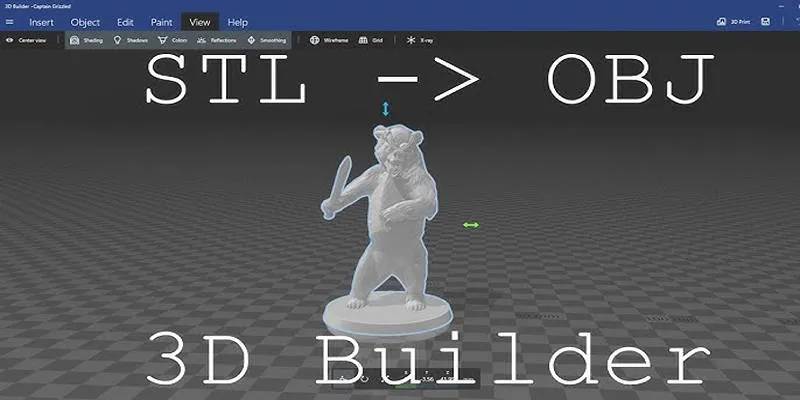
Top 3D Model Converters to Change STL Files into OBJ Format Fast
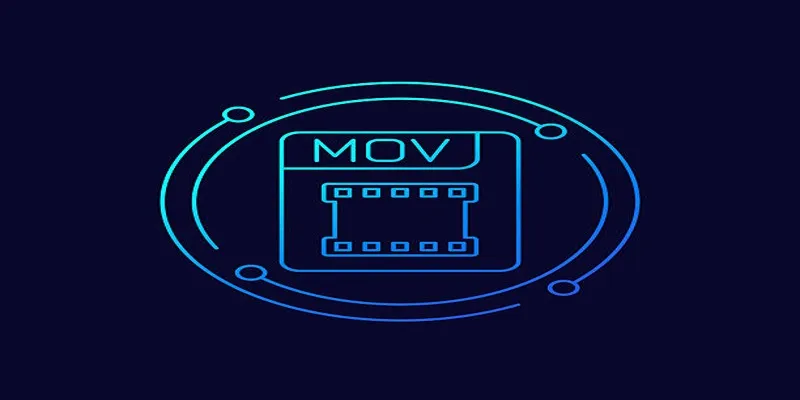
How to Effortlessly Convert MOV to MPEG and Vice Versa

QuickBooks Online vs. QuickBooks Desktop: Which Is Better?

How to Seamlessly Add Leads from LinkedIn Lead Gen Forms to Salesforce
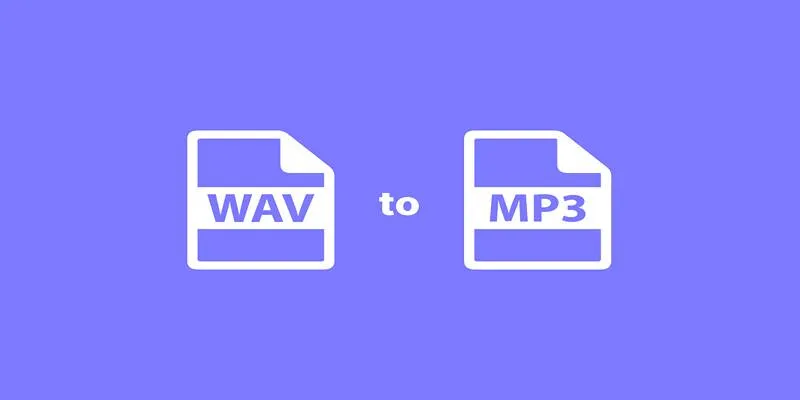
Best Ways to Convert WAV to MP3 and Reduce Podcast File Size Fast

Find the Best Affordable Action Cameras as Alternatives to GoPro

Simplify Your Workflow with 3 Contract Management Mobile Apps
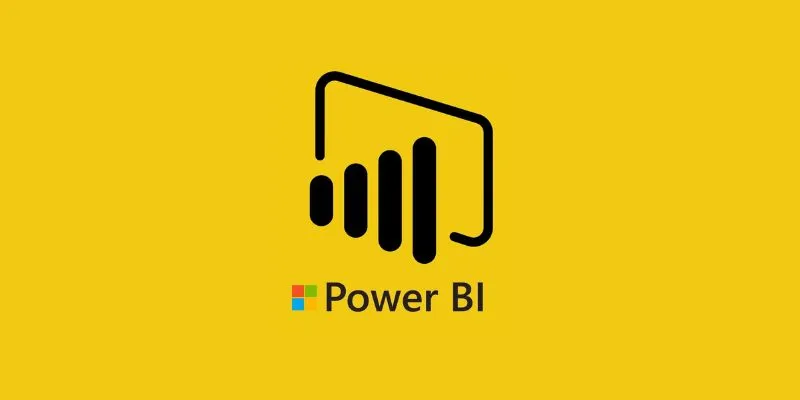
Affordable BI Solutions: The 6 Top-Rated Business Intelligence Software You Need

Vmake AI Review & The Best Alternative for Superior Video Enhancement

 mww2
mww2